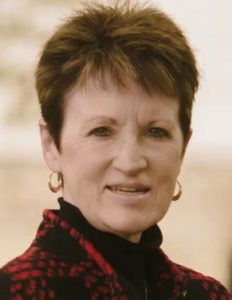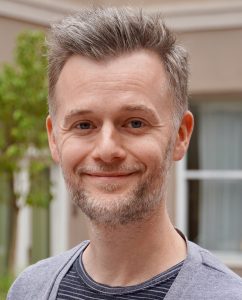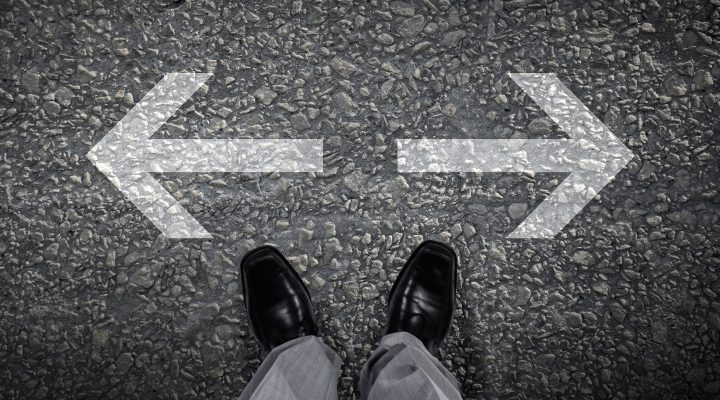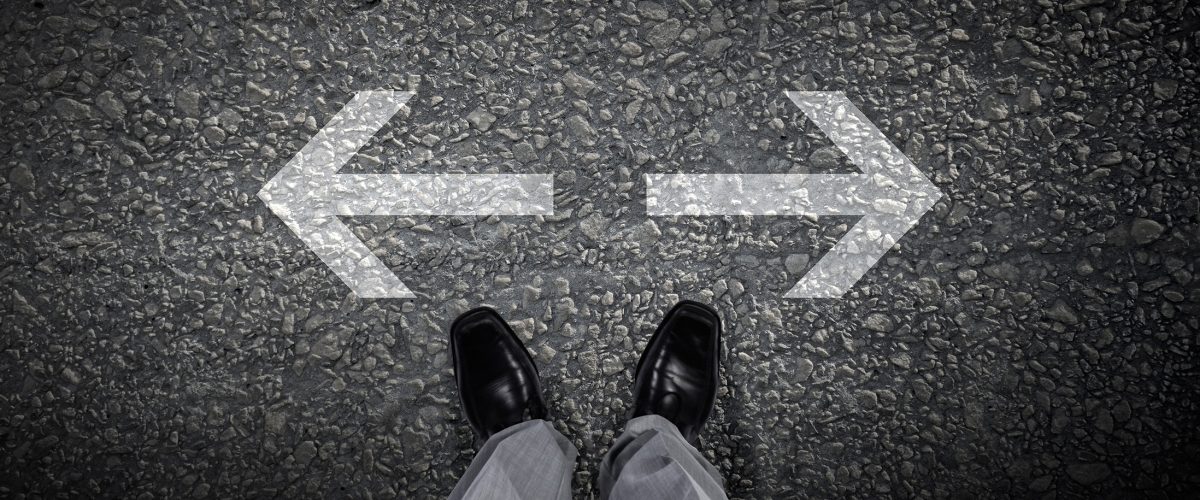An alternative to the political and religious polarization engulfing the nation can be found in the “courageous middle,” author Shirley Mullen said during a recent webinar hosted by Equal Justice USA.
It’s a healing middle ground where bold fellowship and dialogue with ideological opposites can overcome the animosity and distrust poisoning American churches, families and workplaces, said Mullen, author of Claiming the Courageous Middle: Daring to Live and Work for a More Hopeful Future.
“Falling to the courageous middle is to dare to come close to those who are different from us to use the risk of relationship to build trust instead of fear,” she said during the Nov. 6 episode of “In the Movement” hosted by Sam Heath, manager of EJUSA’s Evangelical Network.

Shirley Mullen
Heath said the topic was chosen to address post-election despair with ideas and actions to help reduce the polarization gripping U.S. society.
The middle provides a redemptive energy for those motivated by love to bring hope to American discourse marked by cynicism, confusion and suspicion, said Mullen, formerly president of Houghton University in New York.
“My mission is to try to enlarge, empower and encourage all of those individuals around the country who are having the courage not to flee to the poles, but are really trying to do something that’s not born of fear, that is born of hope,” she said.
But that is a tall order in a culture in which polarization has become normalized and where being on one side or the other seems like a natural state, she added. “But it’s more complicated than polarized. It’s ghettoized. That is, there are all kinds of little groups that are gathered together partly out of fear, partly out of ‘where do I go? I want to belong somewhere.’ We tend to be most comfortable when we’re with people that are like ourselves.”
Exacerbating the division is a lack of societal agreement on what constitutes truth, including what histories or scientific facts can be considered reliable, Mullen said. “People just don’t know what to believe anymore. And there is a lot of cynicism around statistics coming out of COVID when people said, ‘We thought we were supposed to believe ‘this’ about science, and now we’re not really sure.’”
Without that “common, agreed-upon basis for what counts as evidence” the subdividing continues along with the tendency to view others as less than human, she said. The downward spiral continues when power and the echo chamber of social media is considered. “You put all those things together and you have people that are sheltered in place, fearful of others and lacking courage to go out in the middle. They’re just not open to any ideas that are different.”

Sam Heath
Heath pointed to the fear underlying the conditions contributing to division: “Fear seems to color so much of this, regardless of political party or regardless of these different ghettos. It seems to be a connecting thread between all of those things.”
Fear is what drives the impulse for belonging, Mullen replied. “Belonging by itself is certainly not a bad thing. It’s a good thing because we do not need to be alone. But we have to be careful. What are the traits of that community that we decide to belong to? Is it exclusive?”
When addressing faith groups, Mullen said she emphasizes their calling to live lives of hope and courage instead of fear. Doing so enables them to embark on the journey to the courageous middle.
“When we’re driven by fear, we do not have the confidence to be humble and make space for others,” she said. “When you are confident of who you are, you can make space for others. When you are confident of what you believe, you can make space for those who think differently because you want to know if there are things you missed.”
Embarking on the work means building inclusive communities around local causes and projects, she suggested. “It might be very practical work like dealing with health care in your community or very practical middle-space work in the incarceration system.”
Being in the middle also requires building communities of belonging that are open-ended, she said. “And part of this work of the courageous middle is creating a kind of belonging that is grounded in hope, that is grounded in seeking to include people who don’t share everything that we believe but share a desire maybe to improve your community.”
Related articles:
There is no center | Opinion by Mark Wingfield
Exvangelical author seeks to confront and console
What to do with electoral disconsolation | Opinion by Ken Sehested


